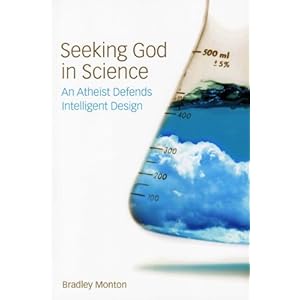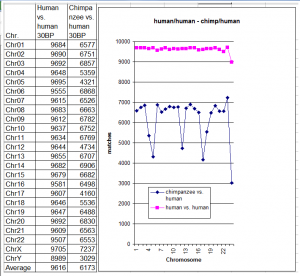Do Shared ERVs Support Common Ancestry?
In my previous article, I discussed the background of one of the most commonly made arguments for primate common ancestry. In this article, I want to examine the first of the three layers of evidence offered by a popular-level article written about this subject. Read More>>>

 It’s not the Church, exactly; it’s the fashions in who speaks for the church.
It’s not the Church, exactly; it’s the fashions in who speaks for the church.


 Lots of people, including us folk at Uncommon Descent are accused of “undermining science.”
Lots of people, including us folk at Uncommon Descent are accused of “undermining science.” One of philosopher Robert Pennock’s arguments for methodological naturalism (which rules out evidence for design in nature in principle, because it cannot be considered) is that “we cannot control the supernatural:”
One of philosopher Robert Pennock’s arguments for methodological naturalism (which rules out evidence for design in nature in principle, because it cannot be considered) is that “we cannot control the supernatural:”